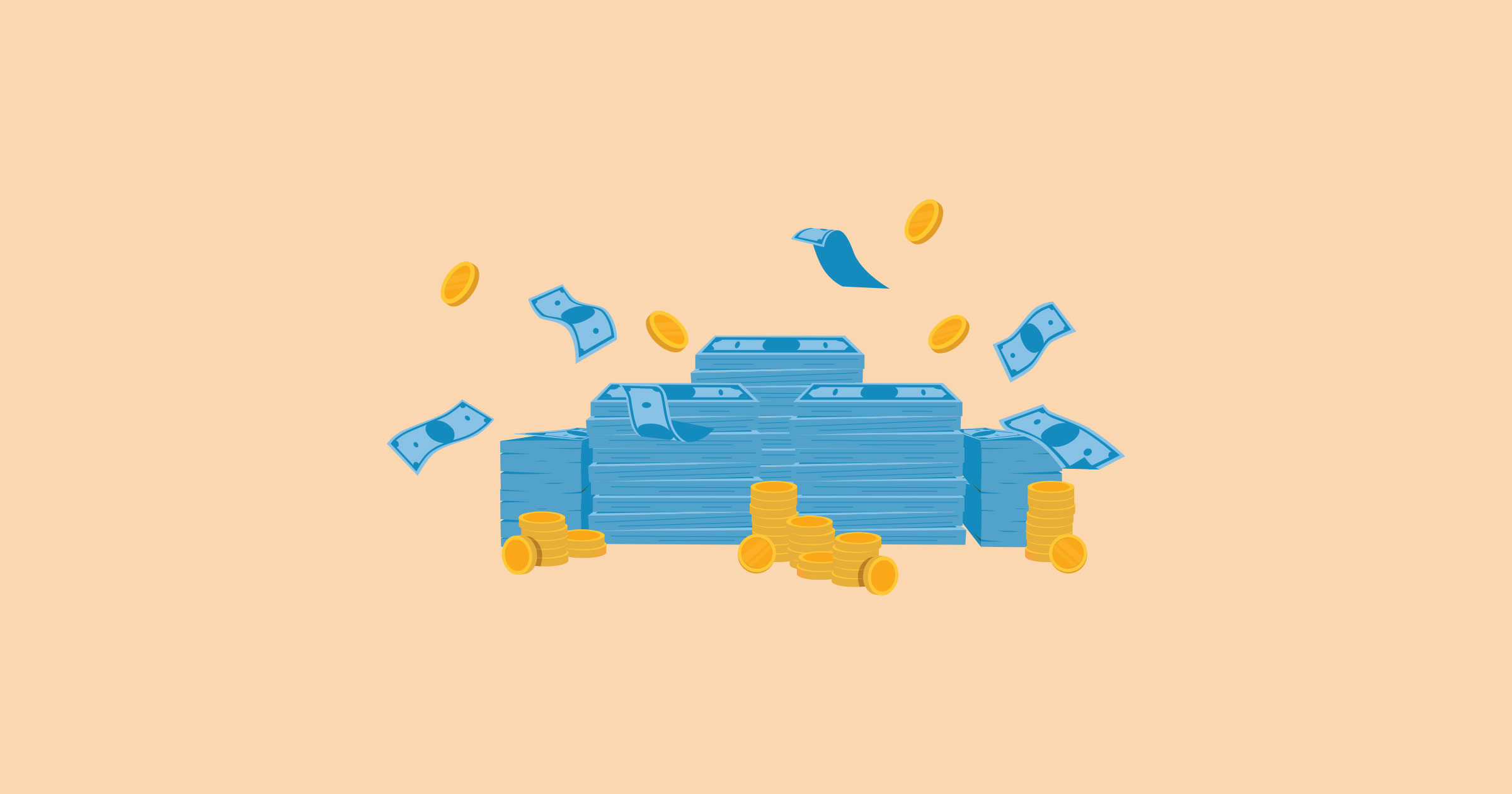No matter where you are in your investing journey, you’ve probably come across the idiom “Cash is king.” This is a belief that many people share, so much so that it has become one of the commonly accepted views on investing.
Curious about what exactly it means and how it could apply to your portfolio? You’ll find the details and more in this article.
Cash advantages
The exact meaning of “Cash is king” varies a bit according to the context. In investing, it refers to the belief that cash is more valuable than other types of assets, including equity (stocks) and debt (bonds) securities.
Proponents of this idiom also highlight the flexibility and liquidity of cash as opposed to most other assets. Also, the ease of using cash and its general acceptance for a range of purposes is unquestionable and unmatched.
Don’t forget though that “cash” in the expression can also cover cash equivalents such as Money Market funds and certificates of deposit in a bank. That’s because these products are easily converted to actual cash without losing value, so they’re considered to be as good as cash.
Important considerations
There’s no reasonable way to deny the advantages of cash. However, as a long-term investment, you should remember that cash on its own will either not grow (if stored in the form of bills and coins in a safe location) or increase at a modest pace (if kept in a regular bank account).
Since the value of cash inevitably shrinks over time because of inflation, it might be a better idea to invest it to try to at least match the inflation rate.
While some people see cash as king in general, others believe that it is true in certain situations. The latter covers both occasions when equities are expensive, and in difficult times when many investments aren’t performing at a satisfactory level and when you may need extra money beyond the content of your emergency fund.
What should you do?
We’ve covered how keeping cash in your portfolio is always a good thing, since it lets you react quickly to good opportunities while also helping you manage volatility. However, you may get the best results from doing this if you’re willing to use that cash at the right time.
If you’re thinking of turning your portfolio into one with all-cash holdings, remember that this is very likely to derail your investing strategy. This, in turn, would make it very hard for you to achieve your money goals by the time horizon.
Similar to what we have been emphasizing in previous articles, staying in cash, or keeping a considerable amount of money in cash does not necessarily mean you are a newbie or you don’t know what to do with money.
Even savvy investors resort to parking their funds in cash during periods of uncertainty because they want to keep their investable funds safe, liquid and ready to deploy once they see opportunities to re-enter the market of their choice.

.jpg)
